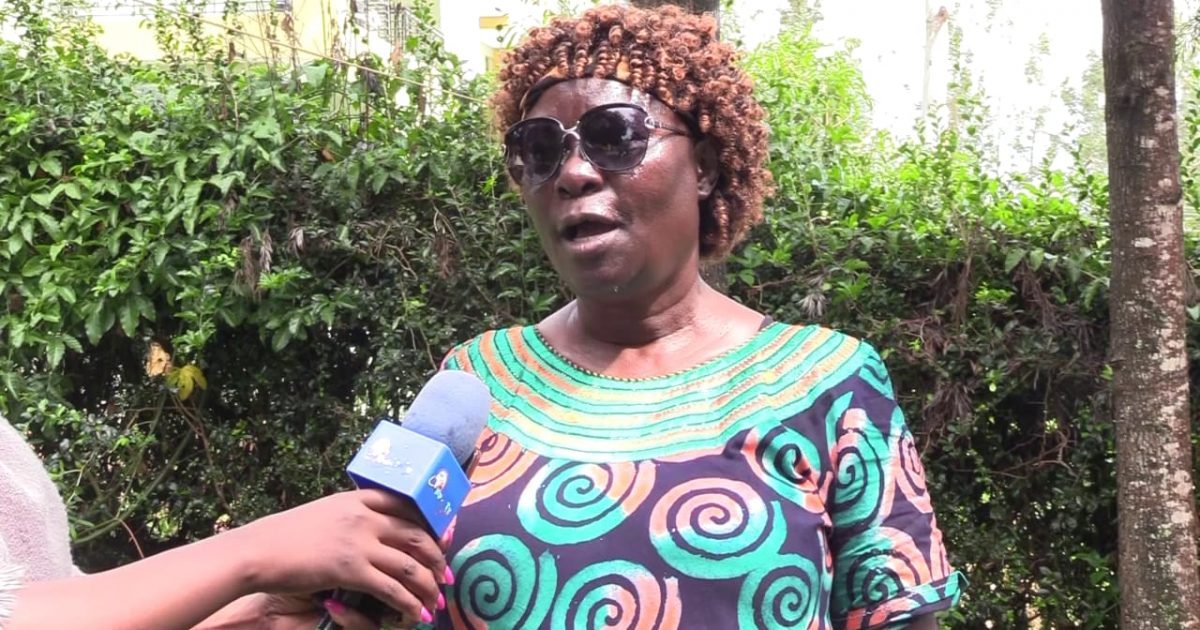Private schools with few candidates are in a dilemma as the Kenya National Examination Council (KNEC) mandates a minimum of 30 candidates in an examination centre.
According to the directive by the national examiner, only schools with a minimum number of 30 candidates will be allowed to be exam centres.
Further, the directives states that institutions with candidates between 10 and 29 should identify a nearby public institution to be hosted, but will retain their institution code. In contrast, those with less than 10 transfer their candidates to another institution.
This directive comes just a week before the Kenya Primary School Examination Assessment (KPSEA) examination, which is set to start on October 28, 2024,
However, this directive has not been received well by a section of private schools in Migori County, as the directors decry biases and poor timing.
Speaking to the press, Mrs Rose Awino, who is the director of Rose Hill School in Migori town, laments that other schools like Rose Hill have low populations and with the directive, learners will have to walk long distances to get to the nearest examination centres.
“It is the first time we are having KPSEA in the exams system and KNEC has brought challenges that will affect all students in the country.
The mandatory directive will force candidates to walk long distances to get to the exam centres,” said Awino.
Ruphine Oloo, the Headteacher of Rose Hill School, reveals the number of candidates her school has as 22 and that they will be required to trek to another school, five kilometers away, to write exams under unfavorable weather.
In addition, she notes that it will also be difficult to convince the parents about the safety of their children in such an arrangement.
“I have a total of 22 candidates, and it will be a big task assuring parents that their children will be safe making journies to and fro to another school, five kilometers away, to take exams,” said Ruphine.
Further, she complained about the high cost that would be involved on the part of the school and parents while moving the candidates to the designated public school.
“It will force us as a school to organize for the means that will be costly to the school to enable the candidates to sit their exams every day,” she added.
By Claire Atieno and George Agimba




